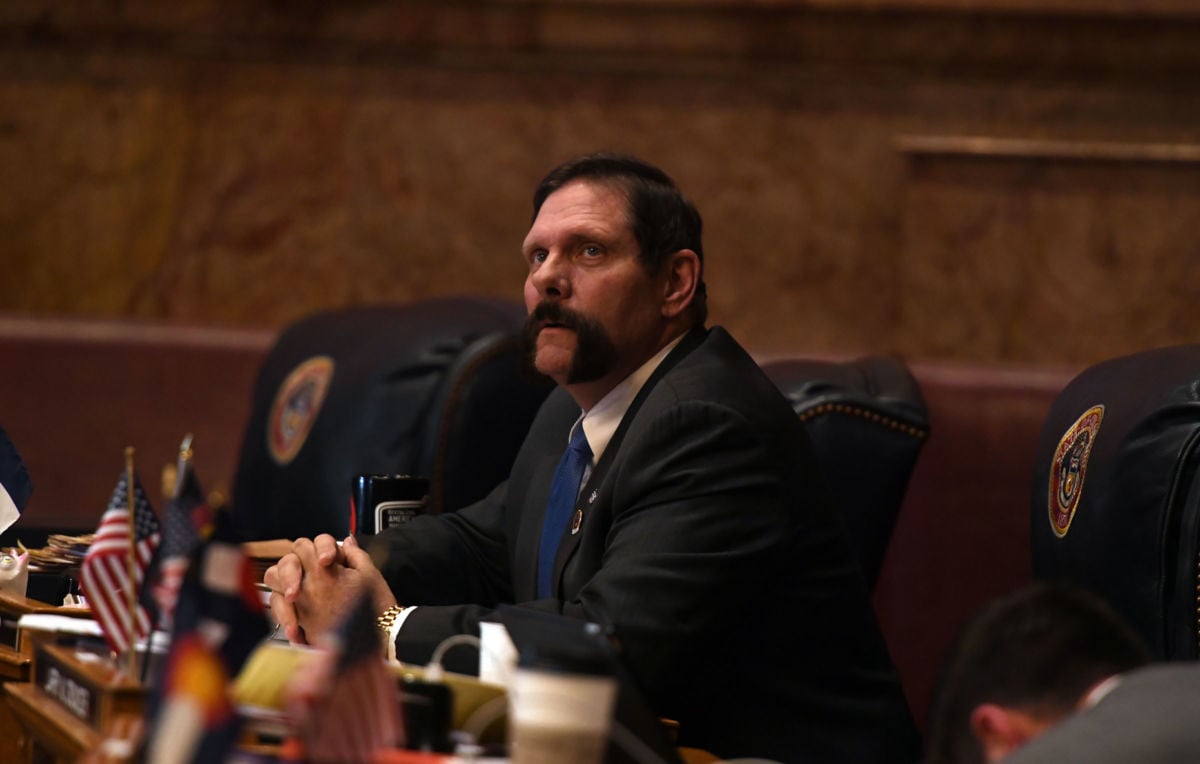At least 138 government officials, in both elected and appointed positions, have been publicly reported for sexual harassment, assault, misconduct or violence against women since the 2016 election, according to an analysis my colleagues and I conducted.
Three in every four of these officials have left or been ousted from their positions. But as many as 33 will remain in office by January.
Our study of those accused, posted online on Nov. 9, tallied reports of allegations of sex-related misconduct by government officials in the media over the past two years. Although these reports are likely the mere tip of an iceberg of sexual misconduct, they are yet another sign that #MeToo is slowly beginning to disrupt the power structure.
#MeToo Accusations of Government Officials
Sexual assault is one of the most underreported violent crimes in the US, with 70 percent of victims never reporting to police.
Even after the rise of #MeToo, among survey respondents who said they had experienced workplace harassment in the past year, 76 percent did not report it. Many victims fear retaliation or think that nothing will change, concerns that may be heightened when the perpetrator holds a position of power – such as a government official.
We used tools like LexisNexis and Google News to search for national, state and local media stories on accusations of sexual harassment and assault published between November 2016 and October of this year. We found that the #MeToo movement, inspired by an October 2016 New York Times story on Harvey Weinstein, initially spurred a series of public accusations of government officials. Allegations reported in the media have since dropped off.
Most of the accused officials in our findings have since fallen from power. Of the 25 appointed officials, 23 have been fired or resigned. Of the 111 elected officials reported, 76 are no longer in office.
What’s more, some of these officials also face legal action, including seven civil lawsuits and 12 criminal charges. This type of accountability is historically unprecedented.
Nonetheless, of the 27 government officials accused of sexual misconduct who ran for office in this year’s midterm elections, 23 were reelected or elected to a new government position. These statistics are consistent with typical election trends, considering that an average of 92 percent of state legislators are reelected in any given election year. So, for those who did not step down and sought reelection, sexual misconduct allegations appeared to have little influence on the outcome.
Who’s Accused and Where
Those accused include state legislators, members of US Congress, and other elected and appointed officials. All but three of the 138 people accused in our data set are men.
Some have been accused by more than a dozen women. Most of the allegations pertain to behavior within the workplace, including unwanted kissing and groping, masturbating in front of others, sending sexually explicit photos and discussing sexual fantasies. Some of the reported misconduct has also occurred outside of official government responsibilities, including domestic violence, sexual misconduct with minors and sex trafficking.
Many of these claims have been settled by officials paying victims large settlements with taxpayer dollars. Others have prompted internal investigations into the toxic workplace culture that feeds this type of behavior.
Republicans and Democrats shared a relatively even distribution of the allegations, constituting about 48.5 percent and 43.5 percent of accusations, respectively.
Reports are also spread fairly evenly across the country. Reports of misconduct were notably high compared to the overall population in Ohio, Kentucky, Alaska and Washington, D.C.
Disrupting the Power Structure
I’m encouraged that more people are speaking out against harassment and assault, and individuals in power are beginning to be held accountable.
However, US laws don’t adequately protect the many women who suffer sexual harassment or misconduct at the hands of less visible men. For example, harassment laws don’t protect domestic workers, independent contractors, interns and those working for small employers. Perpetrators can use nondisclosure agreements to silence victims or mandatory arbitration agreements to prevent claimants from accessing a court of law. At 180 or 300 days, depending on the state, many victims do not have the time they need to process their experiences and decide how to move forward.
On the upside, my data show that in 2018, officials introduced 281 bills in support of gender equity and ending harassment in state legislatures across nearly all 50 states. There were 22 bills introduced in US Congress.
While it’s important that guilty officials face consequences for their actions, I believe that the movement must also go beyond individual accountability. It should also ensure that those in office take the legislative steps necessary to achieve gender equity.
Our most important fundraising appeal of the year
December is the most critical time of year for Truthout, because our nonprofit news is funded almost entirely by individual donations from readers like you. So before you navigate away, we ask that you take just a second to support Truthout with a tax-deductible donation.
This year is a little different. We are up against a far-reaching, wide-scale attack on press freedom coming from the Trump administration. 2025 was a year of frightening censorship, news industry corporate consolidation, and worsening financial conditions for progressive nonprofits across the board.
We can only resist Trump’s agenda by cultivating a strong base of support. The right-wing mediasphere is funded comfortably by billionaire owners and venture capitalist philanthropists. At Truthout, we have you.
We’ve set an ambitious target for our year-end campaign — a goal of $250,000 to keep up our fight against authoritarianism in 2026. Please take a meaningful action in this fight: make a one-time or monthly donation to Truthout before December 31. If you have the means, please dig deep.
